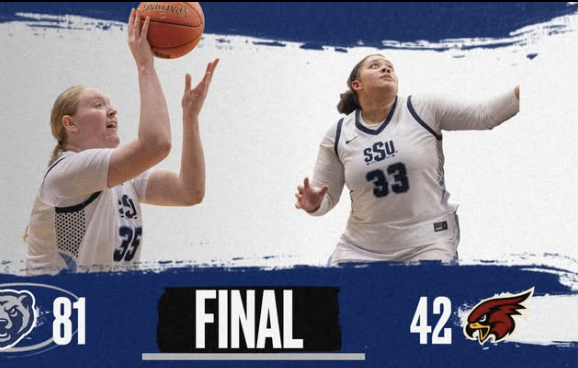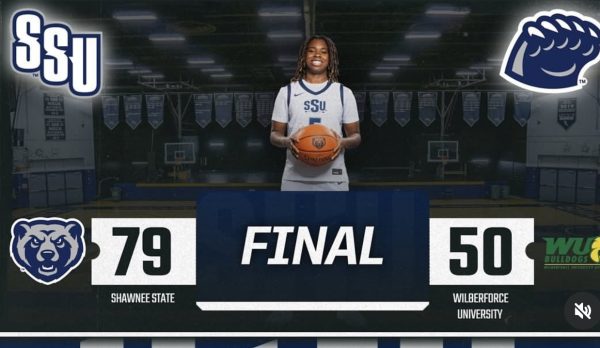What is Title IX?
As a Shawnee State student, have you ever wondered why you must complete bystander intervention training at the beginning of each year? The reason is due Shawnee State University’s Title IX policies and procedures.
Title IX is part of the Education Amendments of 1972 and is a federal civil rights law that prohibits discrimination on the basis of sex in any education program or activity that receives federal funding. When it was first passed, it was misunderstood as an equity law for college athletes.
Passed as a part of the Education Amendments Act of 1972, Title IX covers a broad scope of instances relating to discrimination. Although its description may not suggest it, Title IX serves to protect victims of sexual harassment and sexual violence. President Obama sought to remind universities that sexual harassment and violence fall under gender discrimination.
Each qualifying institution is required to have policies and procedures in place that are easily accessible to the public, as well as have a Title IX coordinator. The Title IX coordinator at Shawnee State University is Monique Harmon. To contact her about Title IX, email mharmon@shawnee.edu or call 740-351-3010. Students can also contact several other deputy coordinators who are listed on Shawnee State’s website under the Title IX tab.
According to Shawnee State University’s website, sexual harassment is defined as conduct that is sexual in nature, unwelcome, and denies or limits a student’s ability to participate in or benefit from a university’s education program.
Some examples of sexual harassment include sexual jokes, innuendoes, gestures; unwanted flirtation, advances, or propositions; pressure for sex; leering; display of sexually suggestive objects/visuals; display/transmission of sexually suggestive electronic content; any unnecessary, unwanted physical contact; and sexual assault (if this occurs, call the police immediately and maintain evidence).
It is important to note that sexual misconduct can be reported regarding employees, students and non-employee visitors. Additionally, any gender can be the victim or the harasser.
There are policies to protect against retaliation from the harasser, including the ability to file an additional report about the retaliation. However, there are serious consequences for false allegations, as these can have a tremendous impact on the accused.
Title IX policies and procedures are in place to protect students, so please use these resources to file a report if you are a victim of discrimination, sexual violence, harassment or stalking. There is an online complaint form on Shawnee State’s website. However, you should also seek someone in the campus community to act as your advisor and reach out to a Title IX Coordinator who can explain the procedures for dealing with the situation.

Elizabeth Gillespie is beginning her second year at Shawnee State University where she will graduate in the spring of 2024 with a bachelor’s in English...




